There is a big difference between “eating for survival” and “eating for performance.” When an athlete plans their diet, they obviously have to concentrate on the latter. In the end, diet is probably the most important factor for athletes, with training and exercise in second place.
When you decide to adopt a performance-based diet, one of the most important things is to choose your primary source of protein. You have many options in this department, from meat to beans and many other things. In this article, we will talk about one of the best options: Seafood. Here are just a few reasons that athletes should eat more seafood.
Seafood Promotes Brain Health
The brain drives the body, making it the root of all athletic activity. The human body is driven by electrical signals from the brain, and a healthy brain can send and receive those signals more quickly. Not only that, but brain health is essential for the quick thinking that often separates winners from losers.
This study is just one of many that have proven this point. They found that seafood protects the brain from oxidation. Oxidation is a process that breaks down organic matter and is a natural part of the aging process. Seafood prevents this process because it includes a relatively large amount of an element called Selenium.
There are about 30 different enzymes that protect the brain from oxidation, much like an enameled coating prevents steel from rusting. However, all of these enzymes require a certain amount of Selenium in order to function.
Seafood Promotes Longevity
The length of your lifespan can be influenced by many factors, but it seems that seafood can and does make a big difference. The single biggest piece of evidence for this fact comes from the traditional Japanese diet.
Japan has the longest life expectancy of any nation on earth, and the gap is widening. According to most reports, Japanese life expectancy is at an all-time high as of 2018. It is believed that this long life expectancy comes from the fact that they eat far more seafood than most other nations.
There is evidence to show that diet is the main factor here. Japan doesn’t have a whole lot of farmland, and there isn’t enough space on a small island to accommodate a lot of cattle, pigs, sheep, etc. As such, meat tends to be more expensive. Since ancient times, their best source of protein has been the sea. There is also plenty of evidence to show that seafood promotes healthy aging.
High In Protein, Low In Fat
Most seafood is extremely high in beneficial proteins. Most fish will have protein levels that are similar to those of chicken, beef, or pork. At the same time, they have a much lower fat content. The fats that they do contain are mostly omega fatty acids, which is a good thing.
Omega fatty acids are responsible for a lot of the health benefits of seafood. You see, the body needs a certain amount of fat in order to process its protein, and seafood gives you that fat in a beneficial form. Omega fatty acids do not cause as much weight gain as saturated fats, so fish is likely to help you lose weight. Because they produce a slight increase in metabolism, omega fatty acids have been shown to aid weight loss (to a certain extent).
Seafood Promotes Endurance And Recovery
Many people choose to take fish oil supplements because they have been shown to fight inflammation with great effectiveness. Whenever you see medicine that can do the job with little to no side effects, it warrants a closer look. At the same time, researchers have also proven that this anti-inflammatory effect comes from the high levels of omega-3 fatty acids that are found in fish oil.
Still, fish oil tastes nasty and doesn’t offer any real nutrient value. It gives you the fatty acids and not much else. If you’re going to supplement with fish oil, you might as well skip a step and stock your freezer with lots of fish. It’s no secret that a diet high in seafood will make you less prone to heart disease, and this is the case because those omega fatty acids reduce the levels of strain and inflammation on the heart.
 This reduced level of inflammation will also make you less prone to injury and aid your recovery time. Every workout involves a certain amount of muscle damage, and the soreness that you feel afterward is usually due to microscopic tears in the muscle. Although you cannot avoid this process if you want to build muscle, you can reduce its effects and make it easier to handle. Once again, you could just use a fish oil supplement, but why not go ahead and try the real thing?
This reduced level of inflammation will also make you less prone to injury and aid your recovery time. Every workout involves a certain amount of muscle damage, and the soreness that you feel afterward is usually due to microscopic tears in the muscle. Although you cannot avoid this process if you want to build muscle, you can reduce its effects and make it easier to handle. Once again, you could just use a fish oil supplement, but why not go ahead and try the real thing?
Conclusion
We have already talked about the unusually long life expectancy of Japan. On that topic, we might also mention the natives of Alaska and northern Canada. These people certainly can’t grow enough food to survive, and hunting is much more difficult and dangerous in their kind of environment. Thus, like the Japanese, they get most of their protein from the sea. And guess what? they also have a very long life expectancy and a very low incidence of heart disease.
All the evidence points us to the undisputable conclusion that seafood consumption can lead to a longer and healthier life. For an athlete who wants to enjoy a long and fruitful career, it’s too good of an offer to let pass. Of course, we should mention that not all fish are equally healthy, and that’s why you should make sure to do your homework. Stick with fish that are known to contain lots of Omega fatty acids, like salmon, mackerel, cod, and herring.
By reading this article and following its advice, you can enjoy a longer life and an increased level of health. To show your appreciation for this, we hope that you will take a moment to follow us on Facebook using the link below.
The post Why Athletes Should Eat More Seafood appeared first on Gaspari Nutrition.



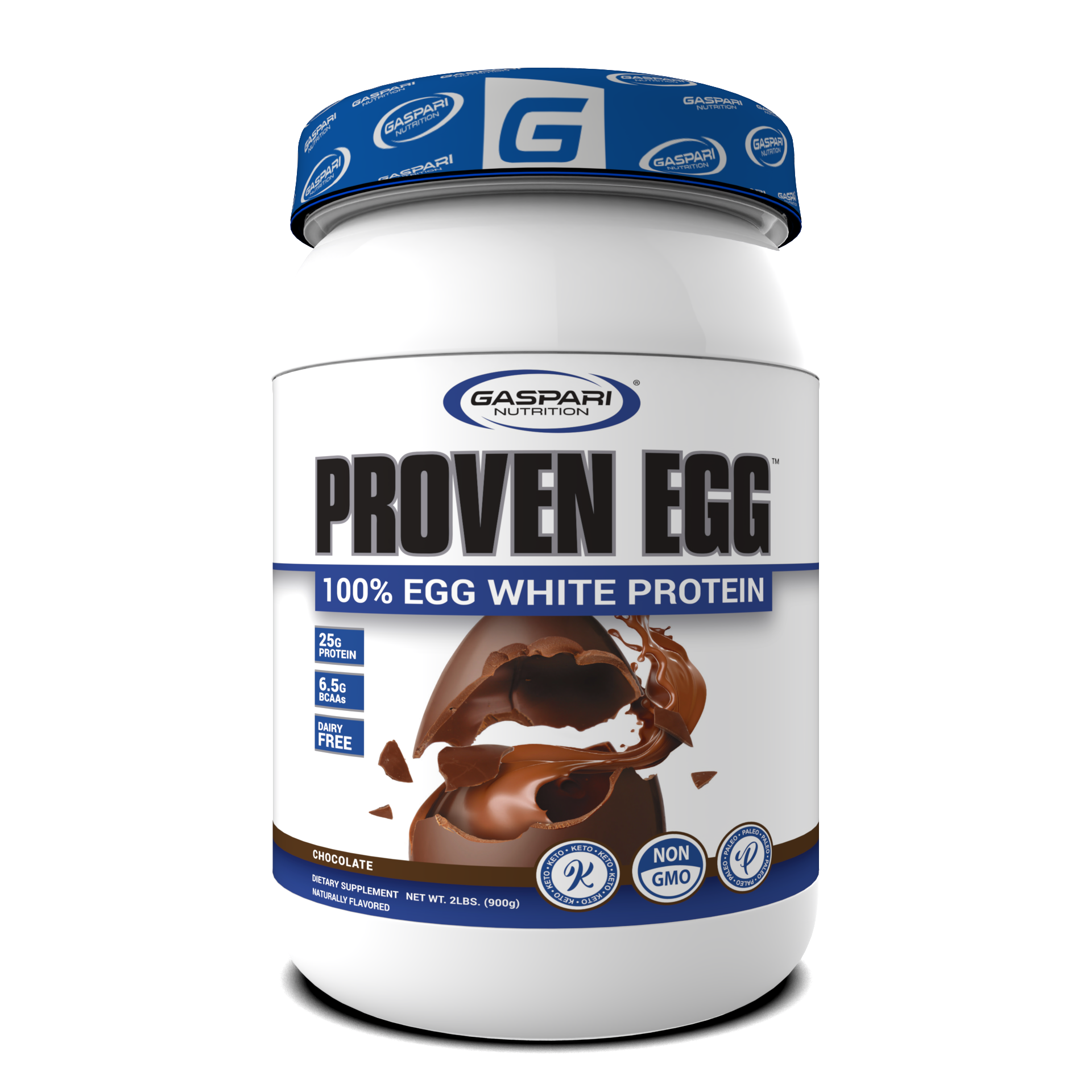



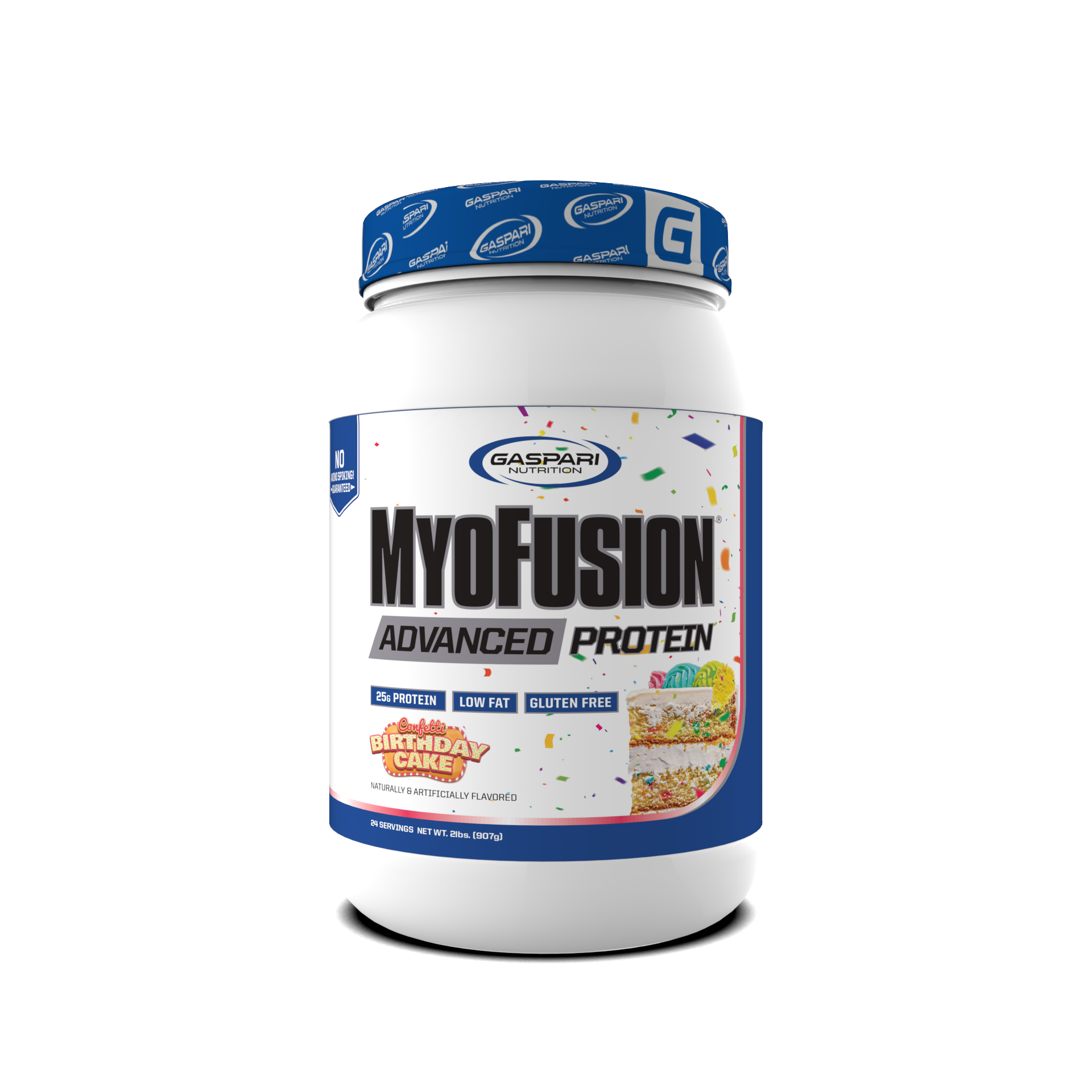



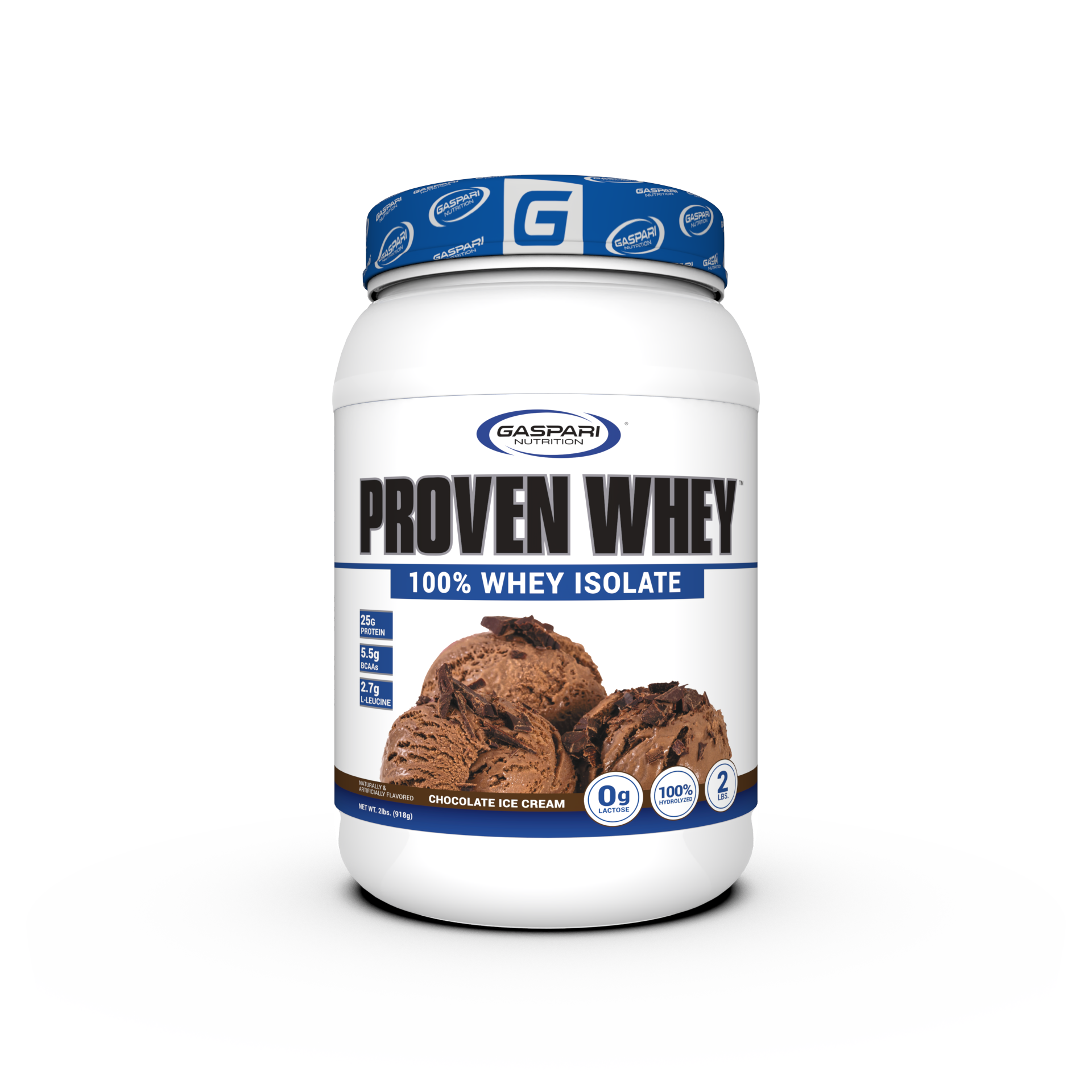




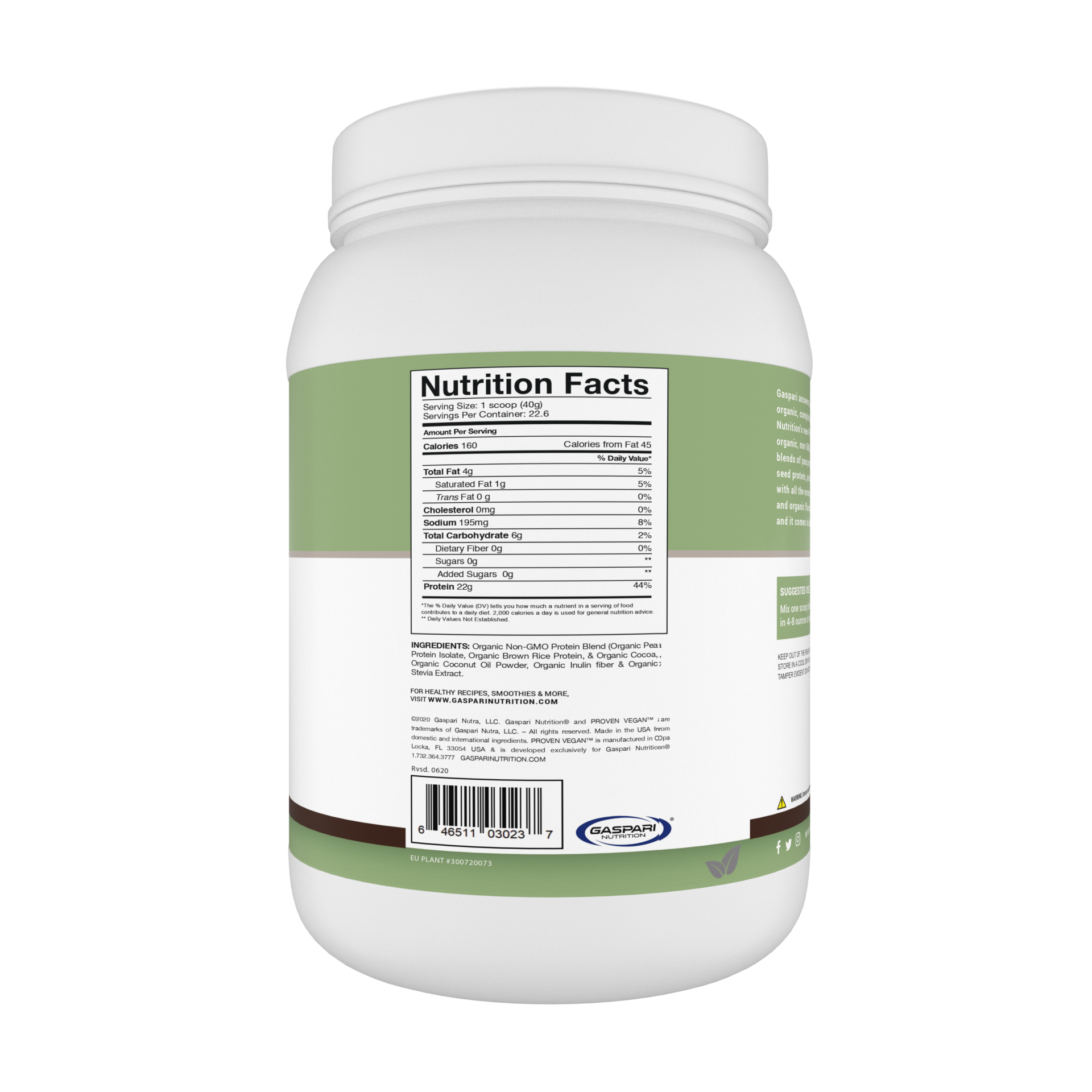






















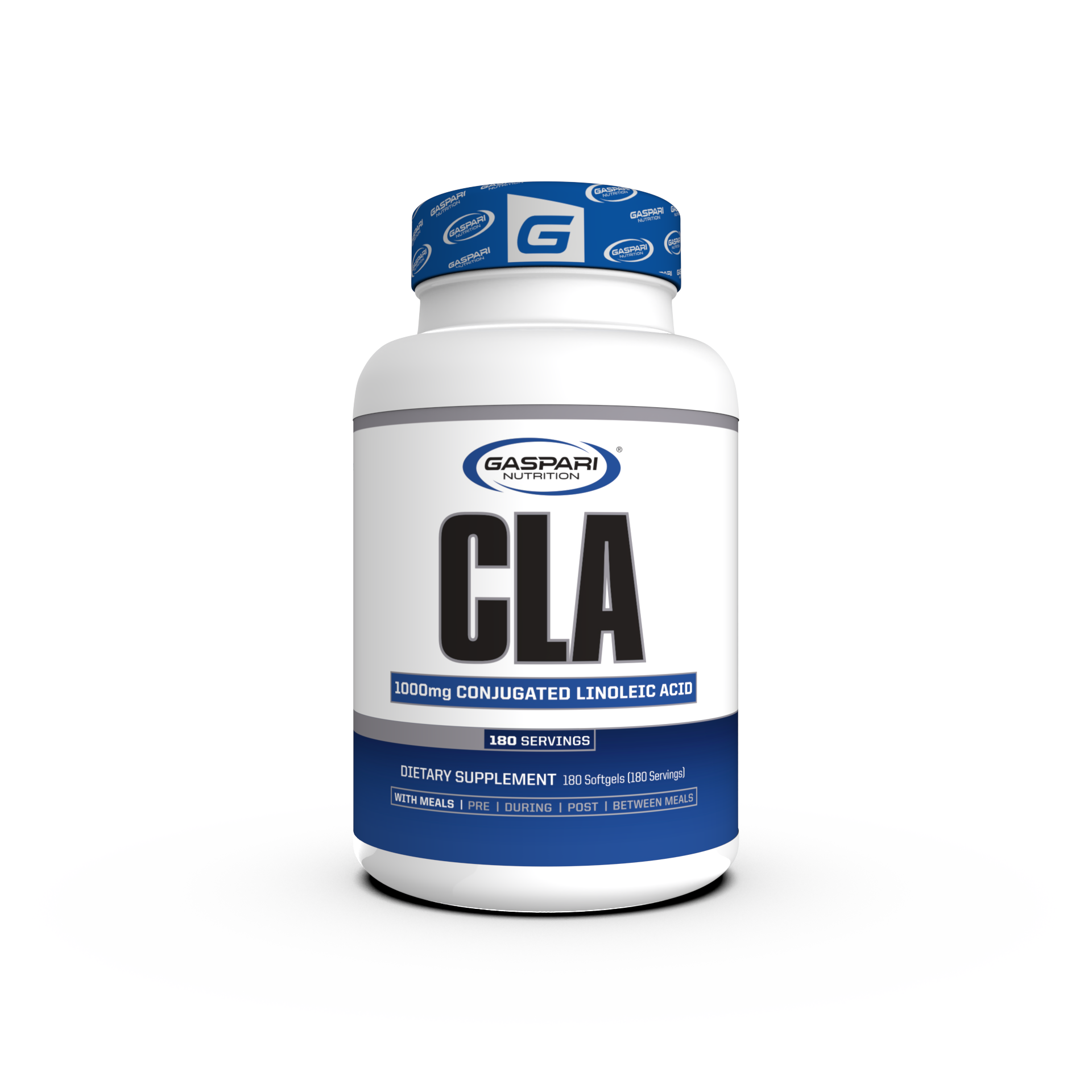



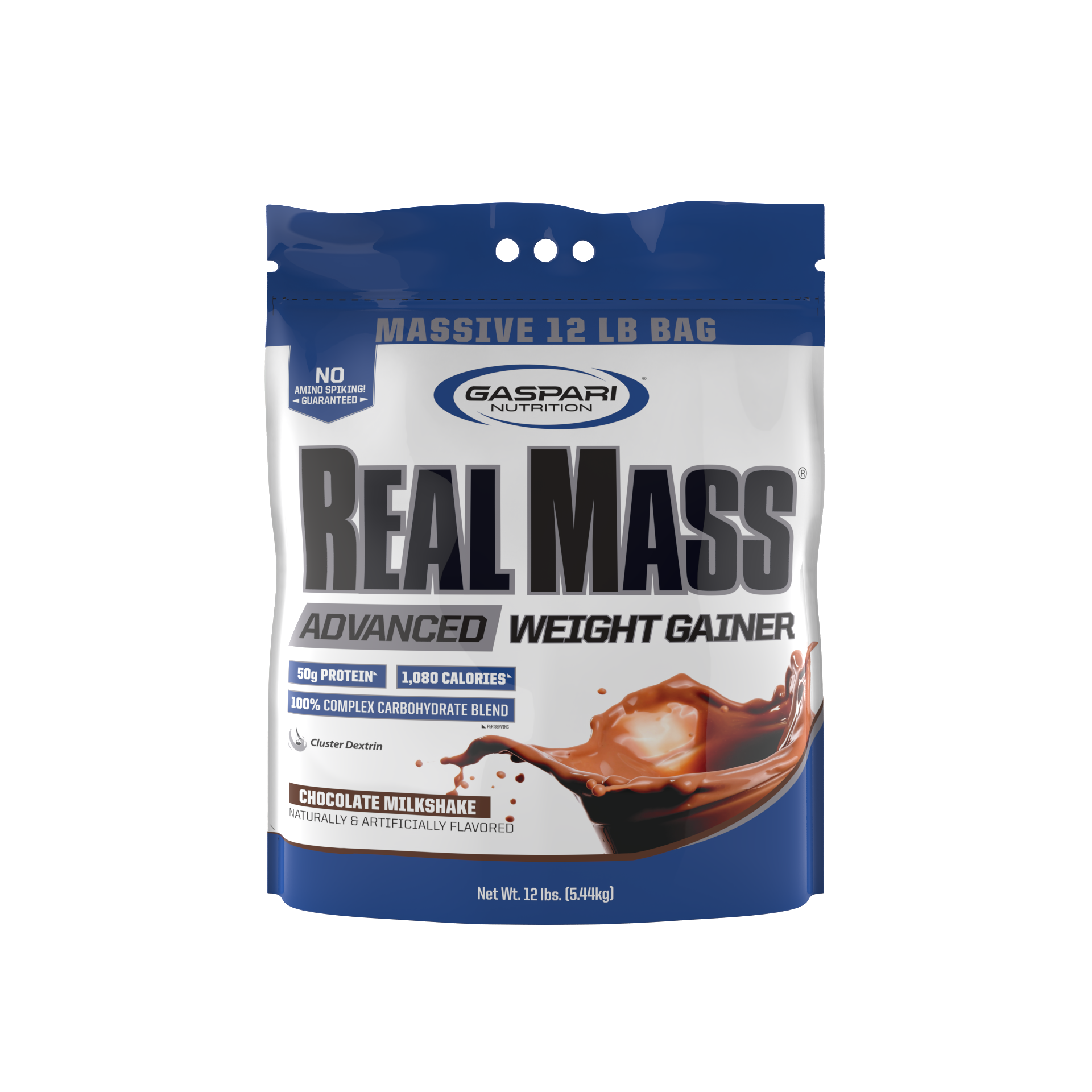











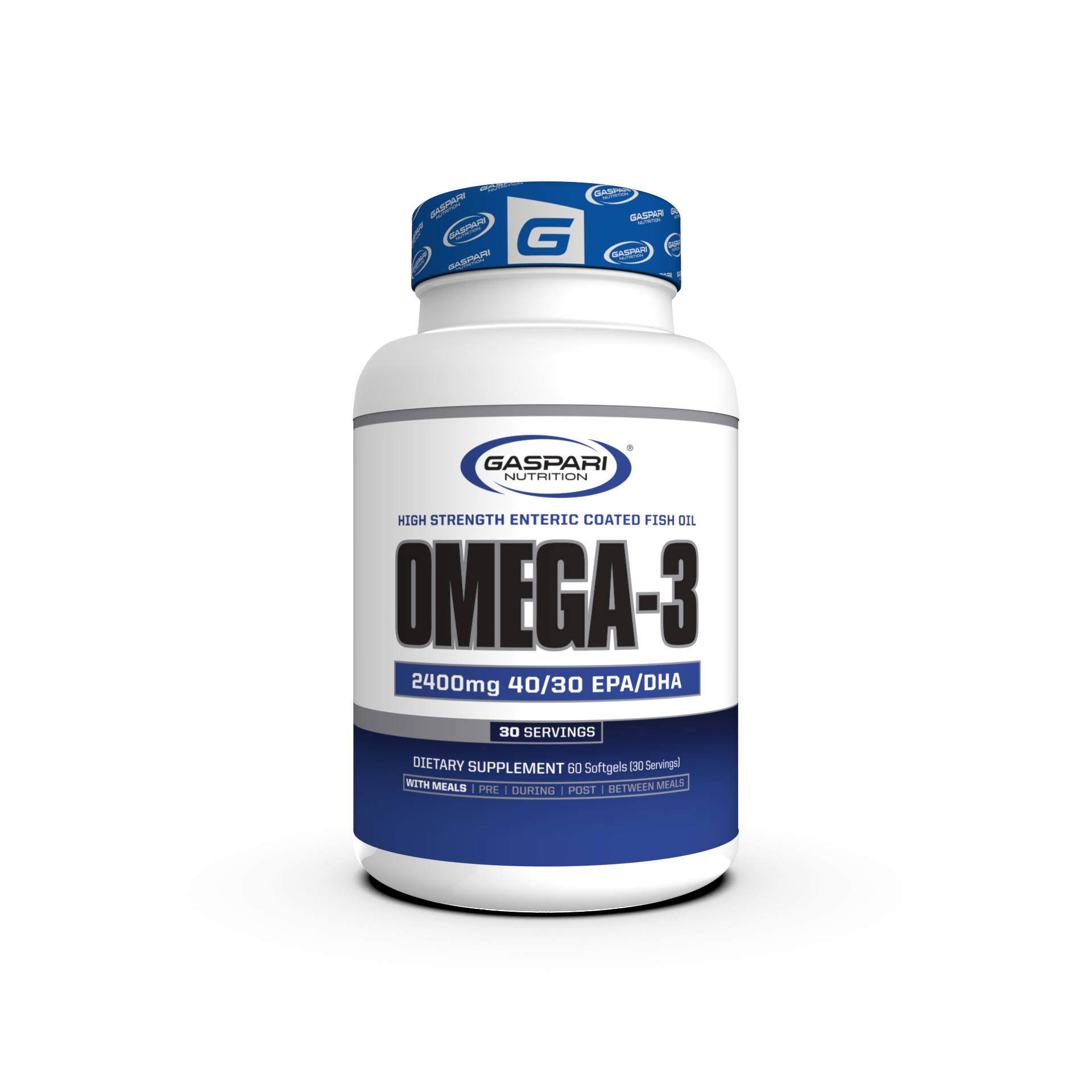



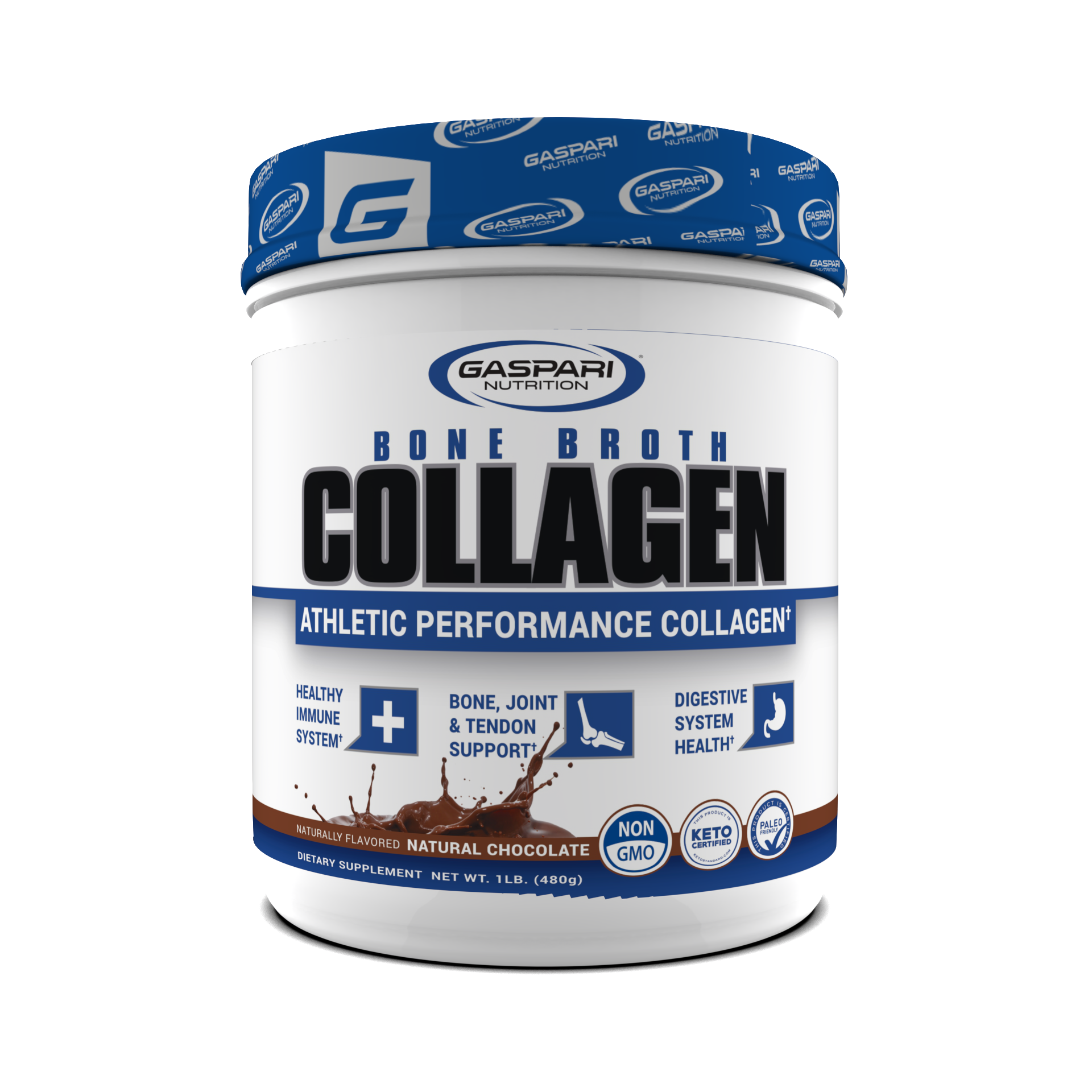



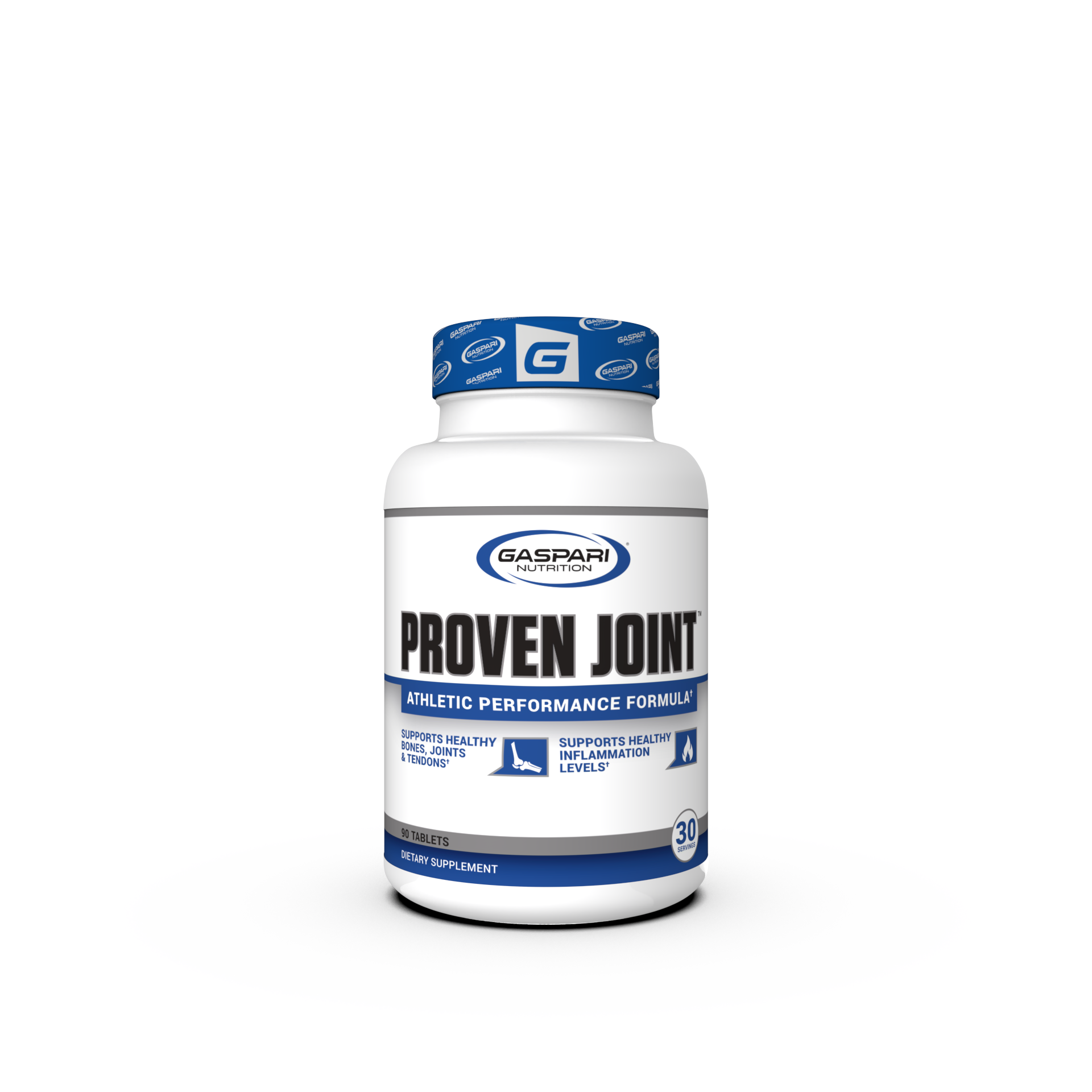











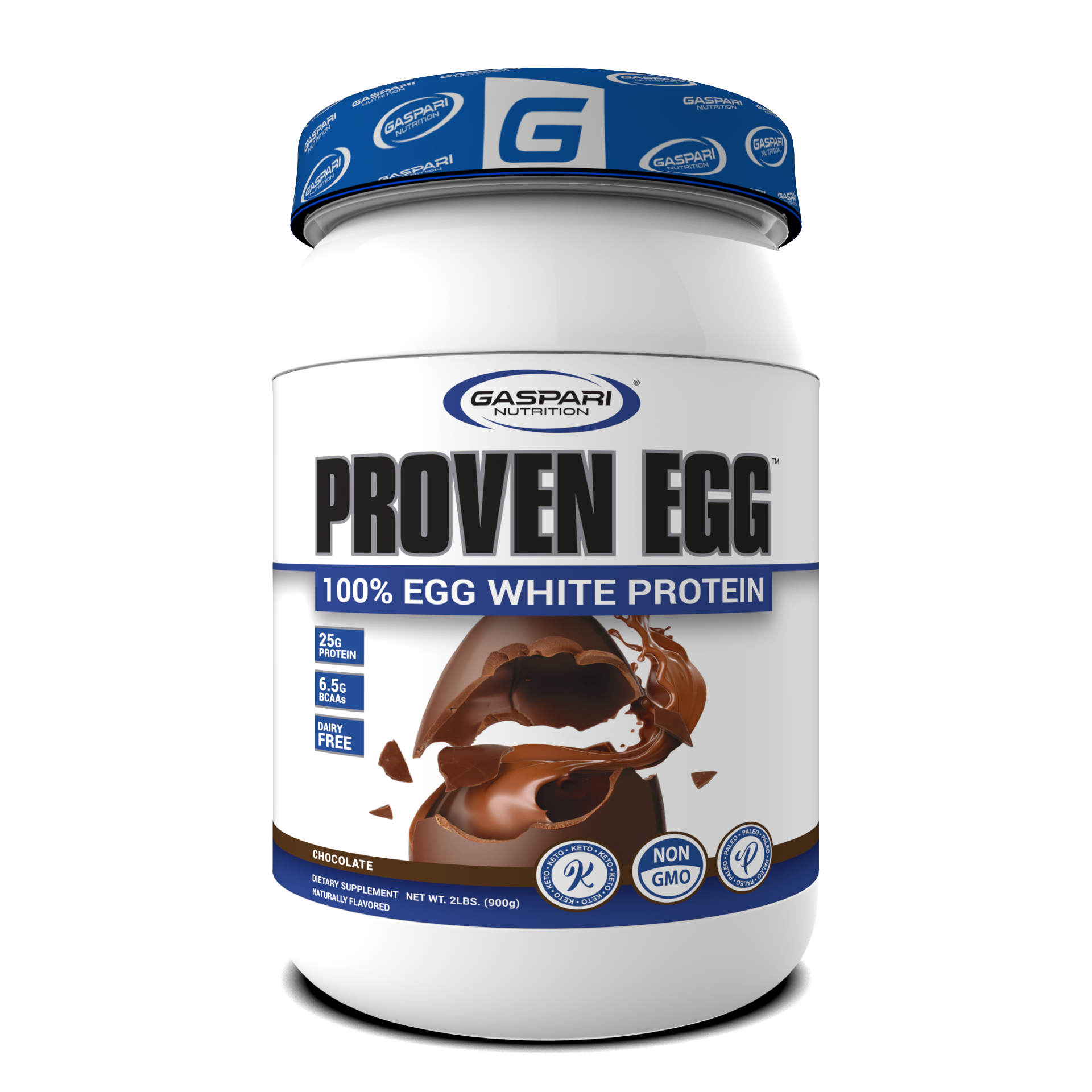

Share:
How Bad Nutrition Can Affect An Athlete
10 Common Nutrition Myths That Could Be Holding You Back